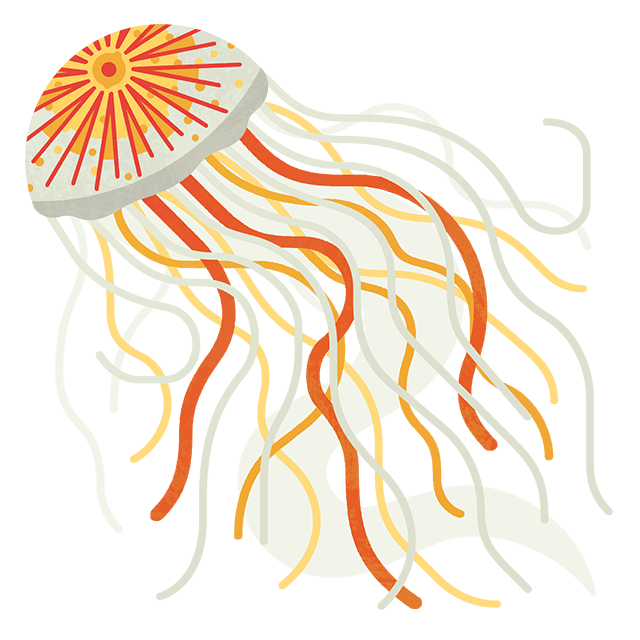
Dogger Bank MPA update: Six months on from ban
2 minute read
English Marine Protected Area, Dogger Bank, has experienced a 98% decrease in bottom towed fishing since a ban was introduced.
In June 2022, a byelaw came into force that banned damaging fishing activities from four English offshore Marine Protected Areas (MPA). This was a win in our Marine UnProtected Areas campaign, and now our new research from the Dogger Bank MPA shows how effective the ban has been.
Our new data shows a huge reduction in fishing
Between June and October (2015-2019), an average of 623 hours of bottom-towed fishing took place within the English Dogger Bank MPA. Located about 120 kilometres east of Hull, Dogger Bank has been heavily fished for decades.
However, between June and October 2022, since the ban has been in place, fishing activity dropped to just 13 hours; a 98% decrease in seabed fishing. This steep decline in seabed fishing highlights how effective proper protections in these vulnerable and vital areas can be.

Before closure: 623 hours of seabed fishing. After closure: 13 hours of seabed fishing.
At five times the size of the Lake District National Park, Dogger Bank was once abundant in species such as halibut, cod and angelshark, whose populations are currently struggling in UK waters. There is hope that, with these new protections in place, these species and many more will be able to recover and thrive.
Protection of England’s offshore MPAs is critical for both climate and nature recovery. However, the UK Government has a long way to go to reach its promise of properly protecting all 40 of England’s offshore MPA sites by 2024.
With the UN Conference on Biodiversity (COP15) currently taking place, world leaders must turn their attentions to urgently protecting our planet from nature loss. If we’re to achieve 30% of land and sea protected by 2030, our ocean cannot be forgotten. When our ocean is protected, habitats can recover and support the incredible diversity of life in our seas.
Sandy Luk, CEO

Credit: Dutch Marine Productions/WWF
Jean-Luc Solandt, Principal MPA Specialist, said: “The huge reduction in seabed fishing we’ve identified shows how effective governments can be in protecting our ocean. This needs to be replicated across all offshore MPA’s to help recover fish stocks, provide sanctuary for marine life, and protect sensitive habitats from destruction.
“Our ocean has an incredible ability to recover when it’s given a chance. The Government must meet its target to fully protect all English offshore MPAs before 2024. The sooner this happens, the sooner our seas can restore themselves.”
More work to be done elsewhere
Whilst fishing decreased in Dogger Bank, our evidence shows that fishing efforts continued to be high in adjacent Dutch and German sections of the Dogger Bank MPA. Whilst the ban in English waters of the MPA will encourage local wildlife stocks to recover, data does show intense fishing elsewhere.
To address this, we’re working with a group of European charities, Seas at Risk, fighting to protect all of Europe's MPAs from the damage done by bottom trawling. In particular, we're working with Dutch and German colleagues to ensure that protection of their part of the Dogger Bank follows the UK protection.


